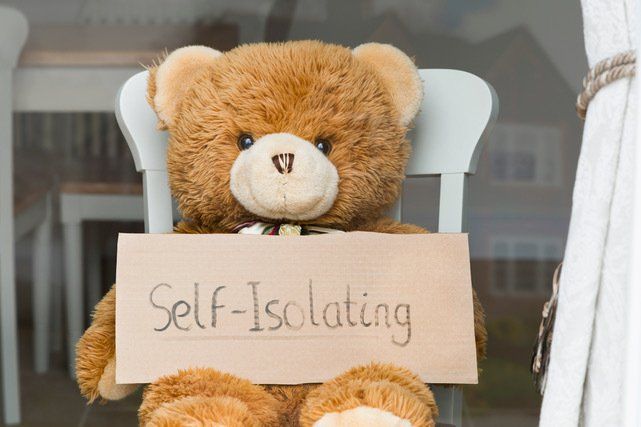Are Disciplinary Hearings always necessary?


With any instances of repeat absences, find out if they were for a variety of unrelated reasons. If so, then the employee is not prioritising their work responsibilities and are more likely to attract a disciplinary sanction. If the absences are for child care problems or the medical requirements of a close relative, then an opportunity to make more reliable arrangements, which do not impose on their working hours, could be given before embarking on a disciplinary sanction. It is worth mentioning that the carers of someone who has a disability do have the protection of disability legislation, even if they themselves are not disabled. Caution is recommended in these circumstances which is why a fact-finding meeting is always worthwhile.
At the meeting consider the employee’s reaction to the behaviour you are discussing with them. Are they dismissive and not indicating they believe it is something serious? Or on the alternative, are they apologetic and do they accept their failings? The former reaction may be more likely to lead to repeat behaviour. Therefore, an appropriate warning would be a suitable sanction following a disciplinary hearing. For the latter perhaps, a letter confirming the issue you discussed and that if in future, certain standards of conduct are not met and there is a repeat incident, then formal disciplinary action will occur.
What the above shows is that a pause to investigate before embarking on a full disciplinary may save time and show your team that you are not an employer who immediately rushes to punish.
In all workplaces there will be occasions when you will need to address the problematical behaviour or conduct of an employee. This may relate to issues ranging from them turning up late or repeated sickness absences, right up to complaints they are bullying or harassing a colleague. Your immediate reaction is probably to look to your disciplinary procedures and seek how to apply an appropriate punishment. However, before you do it is wise to take a moment to ensure you are fully aware of your employee’s circumstances.
It would be a poor use of management time to go to the trouble of organising a disciplinary hearing when it turns out the employee has a perfectly reasonable explanation for their actions or inactions. An outcome of “no action” may be legally correct but the trust that exists between employer and employee may now be eroded. An employer quick to suspend and prepare to punish, will not create a reputation that they are someone who runs a stable and nurturing work environment. In an increasingly flexible and transparent job market, reputational value is a factor in whether the best individuals will put themselves forward as candidates.
So, what is the best response when an employee has said or done something that could breach your policies and procedures? The first step is to call them to attend a fact-finding meeting. You do not have to give them notice and they do not have the right to be accompanied. Ask them into a private area of the workplace and explain to them that a particular incident or concern about their conduct has come to your attention. They will then have the opportunity to confirm or deny the fact of the incident. More likely the incident has occurred, but the individual will be able to provide some context or explanation for their actions or involvement in it. It is these explanations which may comprise mitigating circumstances or suggest other lines of consideration before implementing the disciplinary process.
For an employee who has had repeat sickness absences, ask them if there are any underlying reasons for their “bad stomachs” or “terrible migraines”. For another who is the focus of complaints of bullying, find out how they interact with their colleagues. Is the bullying in fact articulated as a demand that a fellow worker completes their assignment with greater accuracy? Is it in fact their team leader who has not managed interpersonal relationships well and that employees have been left to sort issues out for themselves? Thus, although regrettable, there is more to the allegation of bullying than just malicious intent. Perhaps, the management of the team needs to be addressed.









